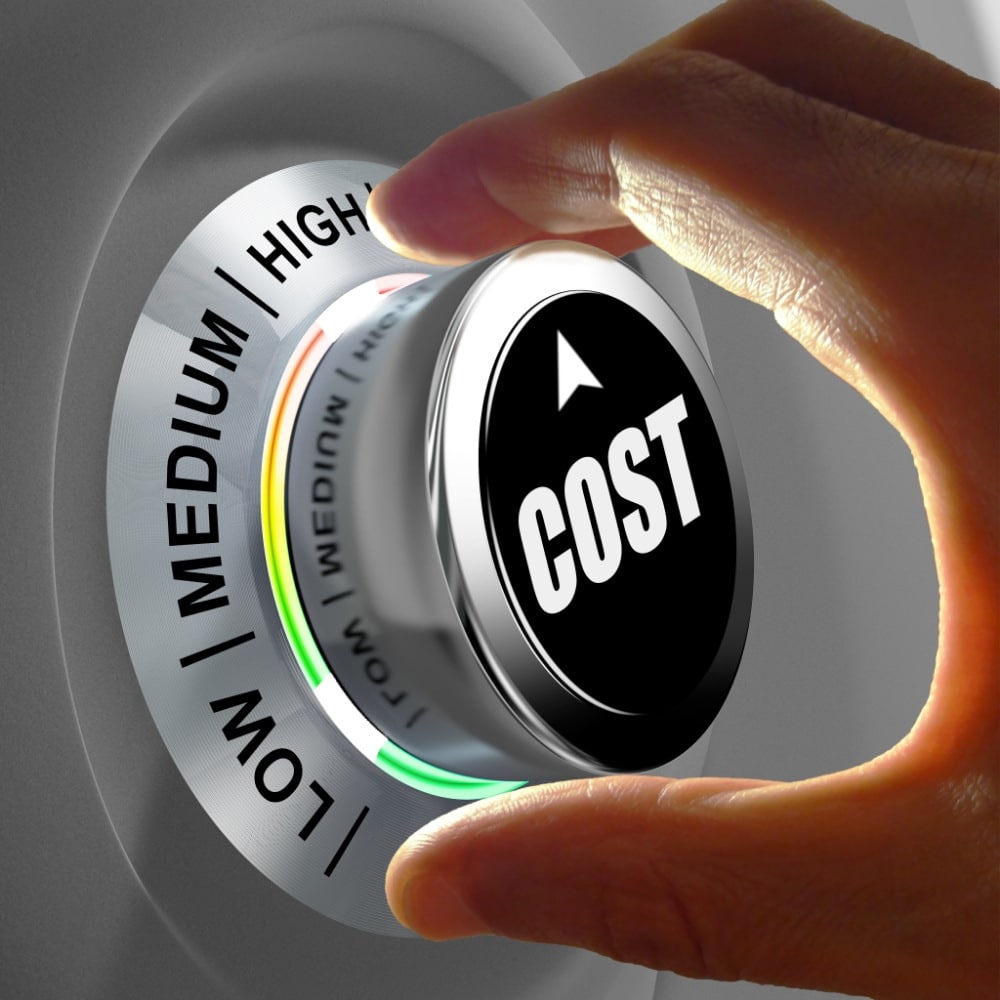Beginners hardly think of the cost of trading business, yet transaction costs are a leading cause of trader mortality. Adjusting and limiting the cost of trading will gives you an advantage over majority of traders in the market.
If you buy at $1.00 and sell at $1.10, and you do these type of transaction 10 times in 1 hour. Each transaction will give you $0.10 profit and it will be $1.00 per hour. In reality, you won’t make a $1.00 profit every hour. Professional traders focus on these costs and do everything to reduce them. Lets reduce what are the ‘forces’ that are eating your profits away even without you knowing about it.
1. Commissions
Commission is usually not charged in forex trading. Unless you are using an ECN broker, due to the small spreads they offered, they will charge you commission based on how many standard lot you traded per month.
2. Slippage
Slippage is the difference between the price at the time you placed your order and the price at which that order got filled. You may place a market order at $1.00 and your broker told you that the price you want is not available and it has moved to $1.10, and if you agree to buy at the new price, the slippage will be $0.10.
Some orders other than market order can be slippage-proof. They are limit and stop orders. A market order let you buy or sell immediately, at whatever the price you get at the moment. However at certain time of the day, price movement can be very fast, and market order still will not provide you with the price that you want. Only execution is guaranteed but not the filled price.
3. Spreads
Spread is the difference between the bid and the ask price. Most of the brokers will adjust their spreads according to the liquidity at that point of time. Day time spread is usually smaller than night time spread (GMT Hr). It is because most of the biggest banks are opened during the day time. They are the major liquidity providers for the forex market. This contributes to a small spread. If you buy and sell at the same time, whatever the amount you paid to the brokers is the spread.
Spread can be a very high cost if you are trading many times a day with very small take profit levels(10 pips). This will mean that for every $10 profit you made, 5 dollars is going to the broker. That means over the long run, your broker will generally make more money than you.
The reason is because as a trader, you may not win all the time. Regardless of win or loss, the broker will earn the spread from you. If your spreads is 50% of your profit, the brokers benefits more than you. It is recommended that you adjust your system or trade a different type of system. For people who trade less frequently and have a large take profit level (50-100pips), the cost of spread will be less of an issue.
4. Expenses
It is advisable that you invest money in good investment and trading books. Some of the books i feel is very important and any traders who wants to be trading for the long term will need to invest in. They are
- Trading for a living by Alexander Elder
- Come Into My Trading Room by Alexander Elder
- Entries and Exits by Alexander Elder
- High Probabilities Trading Setups by Kathy Lien and Boris Schlossberg
- Day Trading and Swing trading of Currency Markets by Kathy Lien and Boris Schlossberg
- Technical Analysis of Currency Markets by Boris Schlossberg
- Millionaire Traders by Kathy Lien and Boris Schlossberg
These expenses are unavoidable especially in the beginning. Professional traders and investors will learn consistently throughout their trading careers.
